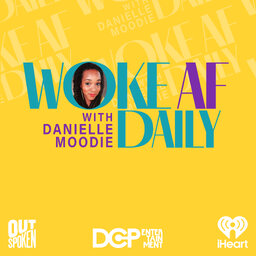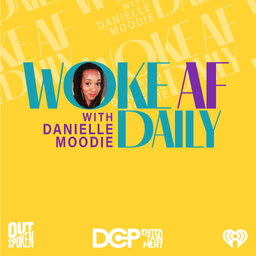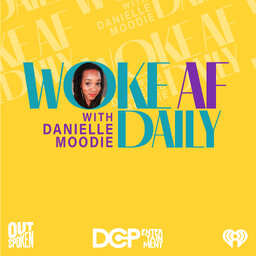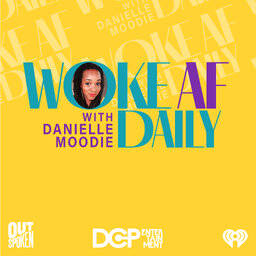Matthew Solomon, director of Reimagining Safety, returns to Woke AF Daily to discuss the latest developments in American policing - in particular, police budgets continuing to go up while it continues to be proven that cops don't actually prevent or even fight crime.
 Woke AF Daily
Woke AF Daily


